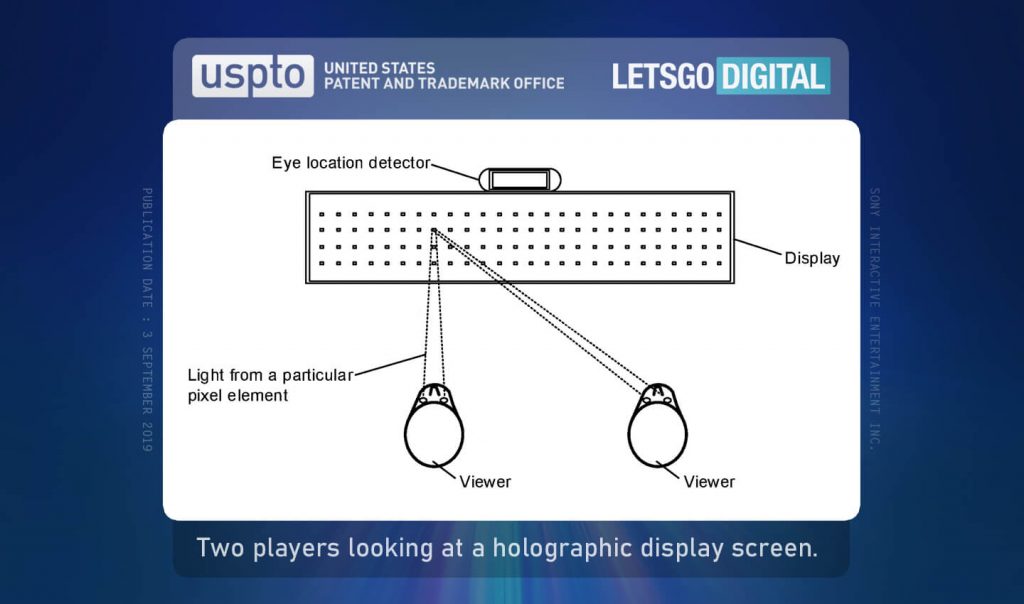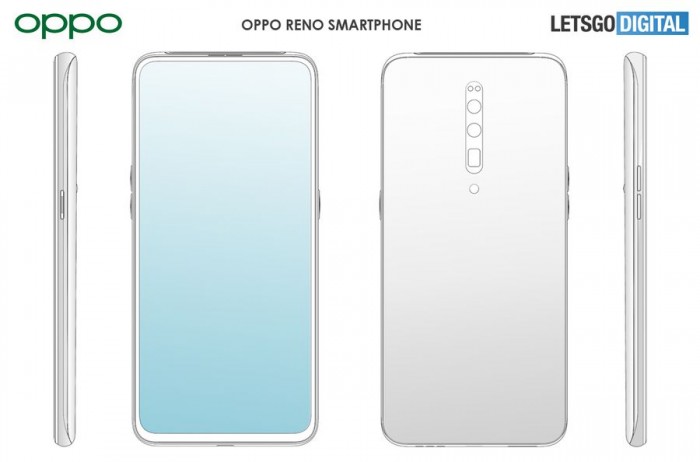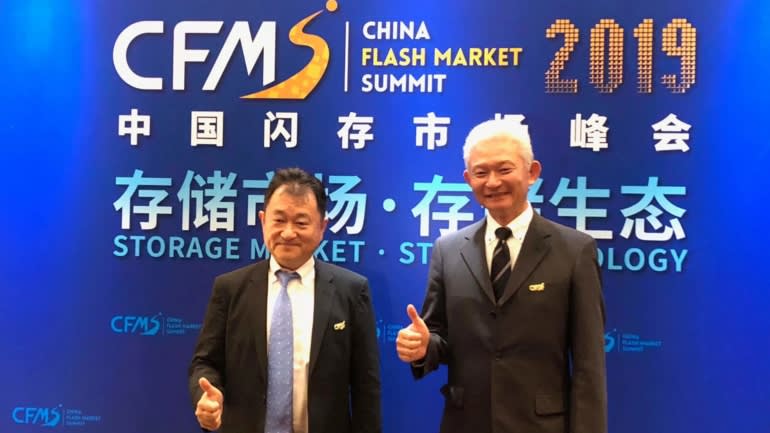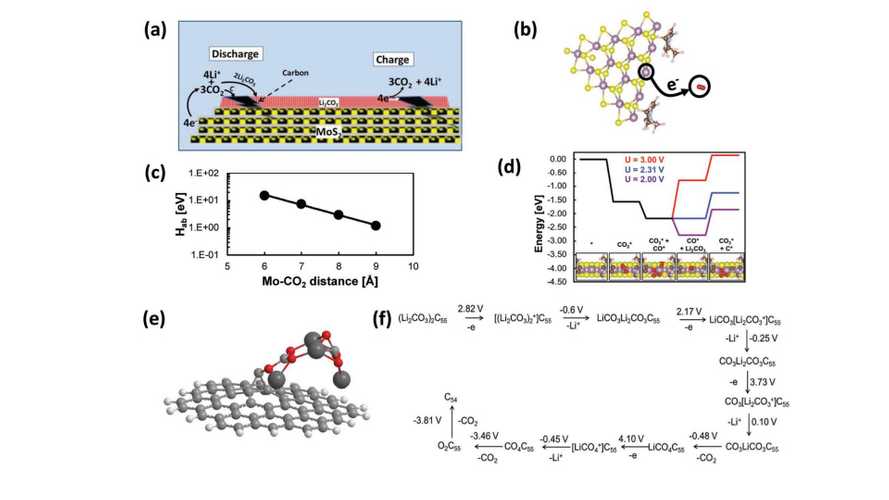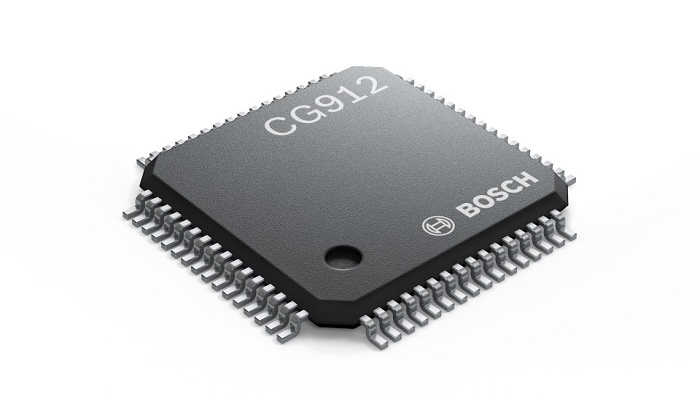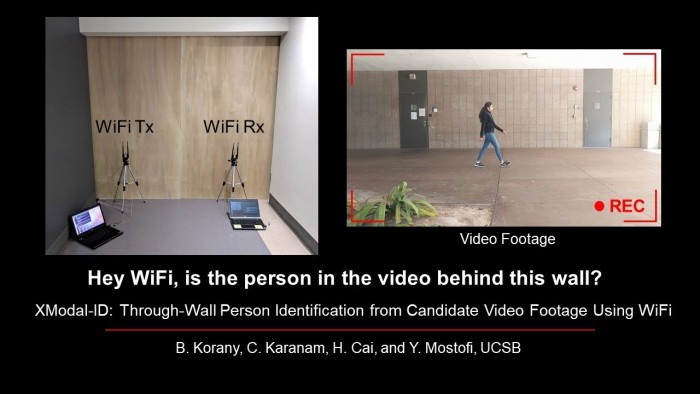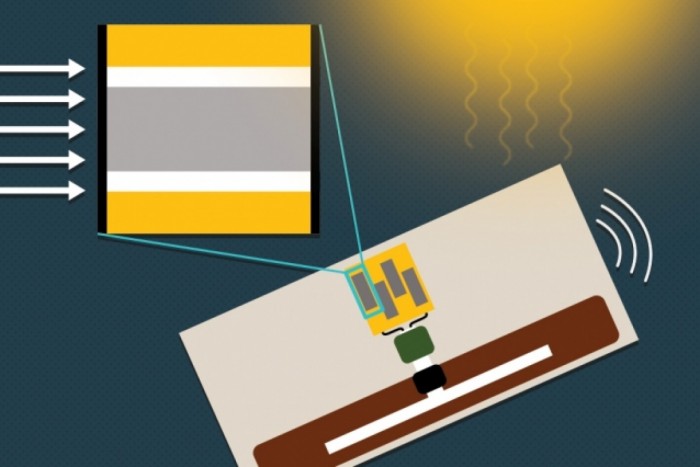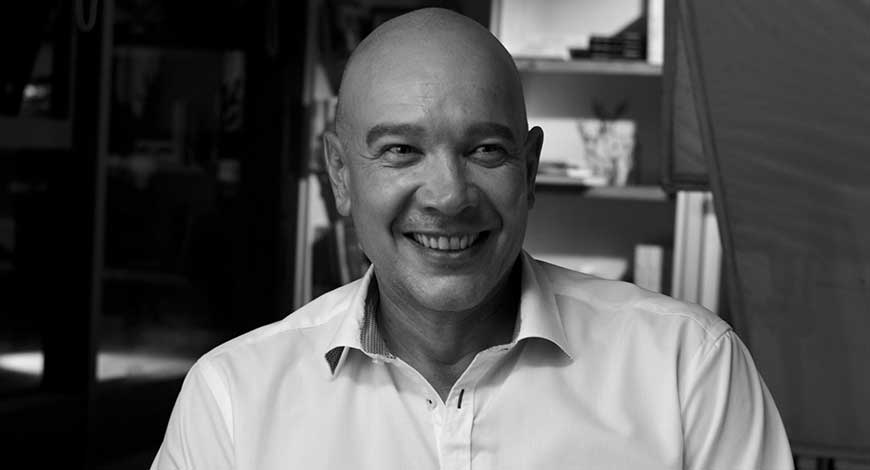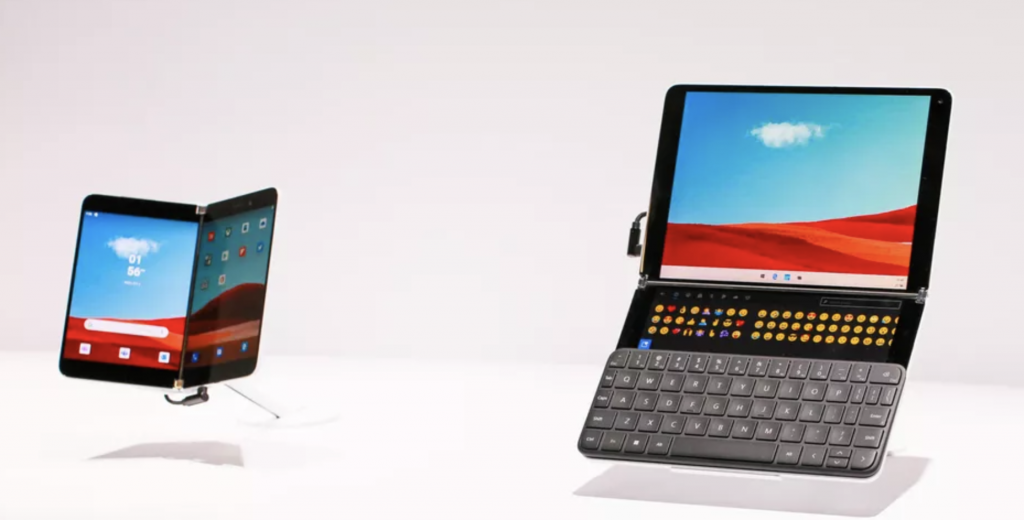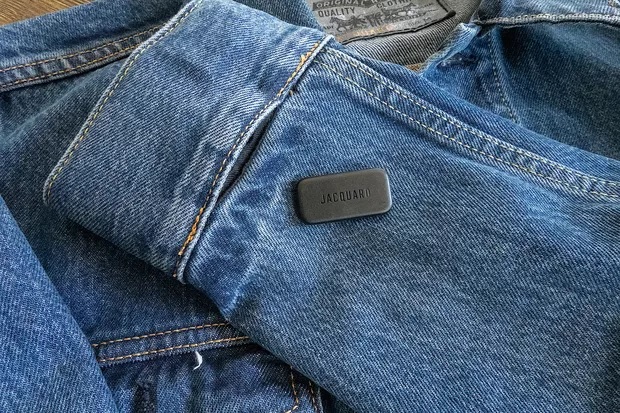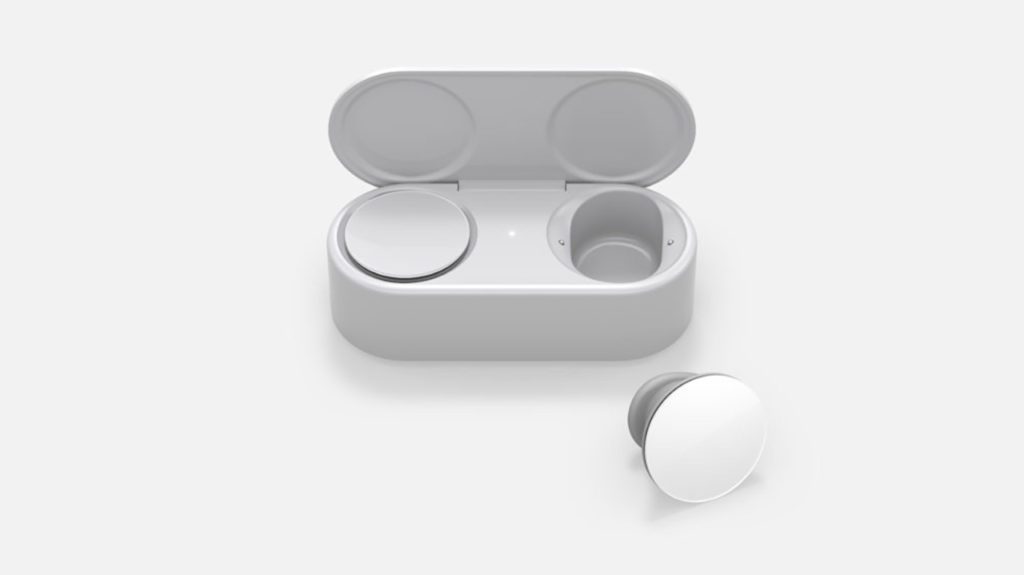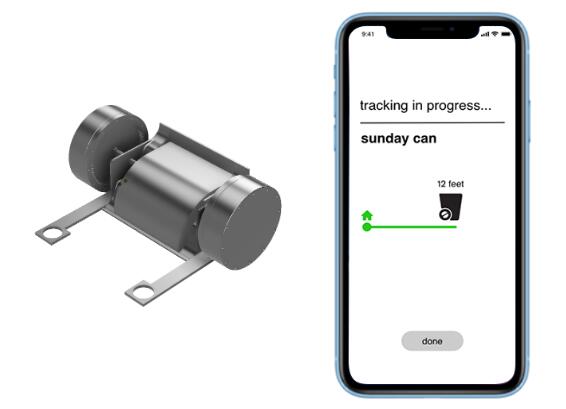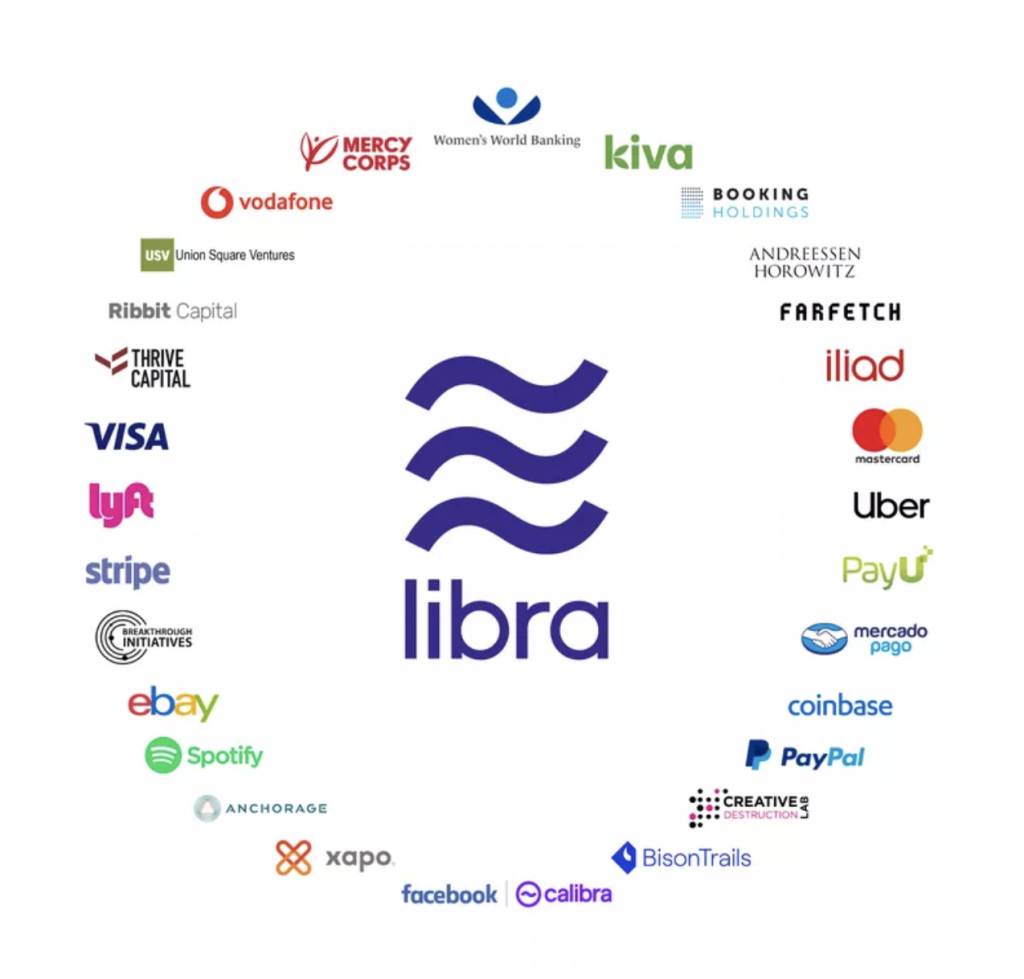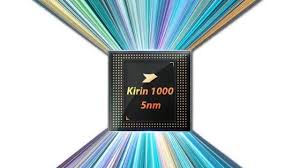
10-5: TSMC has counter-sued smaller contract chipmaking rival GlobalFoundries; Microsoft unveils a series of new products; etc.
Chipsets
TSMC has counter-sued smaller contract chipmaking rival GlobalFoundries in the United States, Germany and Singapore, saying the U.S. firm has infringed 25 of its patents. (Apple Insider, Financial Times, Reuters, Reuters)
Huawei’s next-gen Kirin 1000 series will quite likely be made using a 5nm processing technique that would use A77 architecture cores. Huawei Mate 40 series to be launched in 2020 would be powered by Kirin 1000. (CN Beta, GSM Arena, Huawei Central, First Post)
Touch Display
A design patent from Sony implies that the company is developing a holographic 3D – the display compatible to the game console of PlayStation which will allow to play multiplayer games without 3D – points. (CN Beta, LetsGoDigital)
Camera
OPPO has filed a smartphone patent design with the Japanese Patent Office (JPO). The patent phone will have a wide “shark-fin pop-up camera,” along with an advanced camera system on the rear which will be vertically aligned in the centre of the phone. There are two small circles above the triple-camera. (CN Beta, LetsGoDigital, South African)
Memory
Shigenori Yanagi, a Toshiba Memory executive is looking past rising Chinese competition to what it sees as the end of a supply glut that has squeezed profit margins to their lowest in a decade. He believes that it is not so easy for newcomers to catch up in the near term, like three years. (CN Beta, Asia Nikkei, press)
Battery
University of Illinois at Chicago is the first to show that lithium-carbon dioxide batteries can be designed to operate in a fully rechargeable manner, and they have successfully tested a lithium-carbon dioxide battery prototype running up to 500 consecutive cycles of charge/recharge processes. (CN Beta, Science Daily, Tech Explore, UIC Today)
Bosch uses “small explosive charges” attached to EV batteries to circumvent the dangers damaged wiring can present. Bosch’s explosives are just punchy enough to effectively detach and isolate a given EV’s power supply from the rest of the car’s frame, and any other conductive materials. Bosch uses small semiconductors to set off these explosives in a “fraction of a second”, mitigating the danger of accidental electric shocks. (CN Beta, Bosch,
Connectivity
Developed by University of California-Santa Barbara, the XModal-ID (“cross-modal ID”) system begins by using previously-recorded video footage of a person to ascertain the unique pattern of their walking gait. A 3D computer model based on that gait pattern is then used to determine the telltale manner in which that person would disrupt a wireless signal as they walked through it. (CN Beta, Science Daily, New Atlas)
MIT has designed photovoltaic-powered sensors that could potentially transmit data for years before they need to be replaced. To do so, they mounted thin-film perovskite cells — known for their potential low cost, flexibility, and relative ease of fabrication — as energy-harvesters on inexpensive radio-frequency identification (RFID) tags. (CN Beta, New Atlas, MIT)
Phone
Shenzhen Transsion Holdings is being sued for intellectual property infringement by rival Huawei just as it lists on China’s new high tech board. A court in Shenzhen, South China’s Guangdong province, accepted an intellectual property case against Transsion and 5 of its subsidiaries. (Laoyaoba, CN Beta, Yicai, Caixin, Caixin Global)
According to TCL general manager of marketing Stefan Streit, there are no plans to make a BlackBerry 5G phone. However, the company will launch an affordable 5G phone (below USD500-600) by mid of 2020 under the brand of TCL or Alcatel. (Android Authority, Pocket-Lint)
Microsoft unveils dual-screen Surface Neo and Duo: Neo – 2×9” LCD with a a 360° hinge, Intel chipset, Windows X, USB Type-C, Windows Helio facial IR, to be launched in 2020. Duo – 2×5.6” LCD with a a 360° hinge, Qualcomm Snapdragon 855, Windows 10 XS supporting Google Play Store and Android apps, to be launched in 2020. (Apple Insider, Android Central, CNET, The Gadgets Freak, GSM Arena, Windows Central, Wired, Android Central)
Wearables
Levi’s is announcing new jackets with Google’s Project Jacquard technology, which turns a portion of the fabric on the sleeve into a touch-sensitive remote control for phones. The standard Trucker Jacket will be USD198, and a Sherpa Jacket, which adds insulation for colder weather, will be USD248. (CN Beta, The Verge)
Microsoft unveils true wireless headsets Surface Buds, priced at USD249. It is claimed to have “all-day comfort”, capable of “one-click pairing” to devices and capable of “24 hours of battery life”. (Apple Insider, The Verge)
PC Tablet
Microsoft unveils new Surface devices: Surface Pro 7 – 12.3” 2736×1824 10-point multi-touch display, Intel Core i5 / i7, 8 / 16GB RAM, 128GB~1TB SSD, USD899~2,299. Surface Pro X – 13” 2880×1920 display, ARM-based Microsoft Surface SQ1, 8 / 16GB RAM, 128~512GB SSD, optional Slim Pen and Signature Keyboard, from USD999. Surface Laptop 3 – 13.5” 2256×1504 / 15” 2496×1664 display, Intel Core i5 / i7, 8 / 16GB RAM, 256 / 512GB SSD, USD1,299~1,999. (GSM Arena, Apple Insider)
Home
SmartCan is a motorized accessory for municipal-issued trash can. It will automatically drive trash can to the curb on trash day. A companion app is used to program the device, allowing you to set a date and time for the can to head out to the curb. After it has been emptied, the can will return itself to its storage location. (CN Beta, Techspot)
Artificial Intelligence
Novartis founded the Novartis AI innovation lab and by selecting Microsoft as its strategic AI and data-science partner for this effort. The new lab aims to bolster Novartis AI capabilities from research through commercialization and help accelerate the discovery and development of transformative medicines for patients worldwide. (CN Beta, Microsoft, Financial Times, Novartis)
Fintech
Visa, Mastercard and other key financial partners may reconsider their involvement in Facebook’s cryptocurrency, Libra. The financial backers to Libra did not want to attract regulatory scrutiny and declined Facebook’s requests to publicly support the project. (CN Beta, CNBC, Reuters)
